The situation of fighting to buy and avoid selling has forced many cashew processors to close or temporarily suspend operations, threatening to disrupt the cashew supply chain in Vietnam in particular and the world in general.
Center of the global cashew industry
Vietnam is the largest cashew nut processing and exporting country, and also the largest raw cashew nut importer in the world. According to the Vietnam Cashew Association (Vinacas), Vietnam is importing nearly 65% of raw cashew nut output and accounts for nearly 80% of cashew nut exports on the world market.
In 2023, the country's cashew export turnover will reach 3.6 billion USD, an increase of 18% compared to 2022, reaching 3.6 billion USD. Of which, cashew exports to some major markets such as the US, China, and the Netherlands recorded high growth.
Specifically, cashew nut exports to the US reached 885 million USD, up 5% compared to 2022 and accounting for nearly 25% of the total export turnover of this item. For the Chinese market, cashew nut exports reached 683 million USD, up 55% compared to 2022 and accounting for 19% of the country's total cashew nut export turnover. Meanwhile, in the Netherlands, the gateway to the EU market, in 2023, Vietnam reached 353 million USD in cashew nut exports, up 19% compared to 2022 and accounting for 10% of the total cashew nut export turnover.
According to Vinacas forecast, the global cashew market is expected to grow at an average rate of 4.6% during the period 2022-2027. The global trend of favoring vegan and plant-based diets has increased the demand for nuts and nut-based foods, including cashews.
“Although the world economy is weakening, inflation is rising and national conflicts continue to negatively affect the global cashew industry, Vietnam still expects positive movements in 2024 and cashew exports will continue to maintain high growth towards a new record of 3.8 billion USD,” said Mr. Bach Khanh Nhut, Vice President of Vinacas.
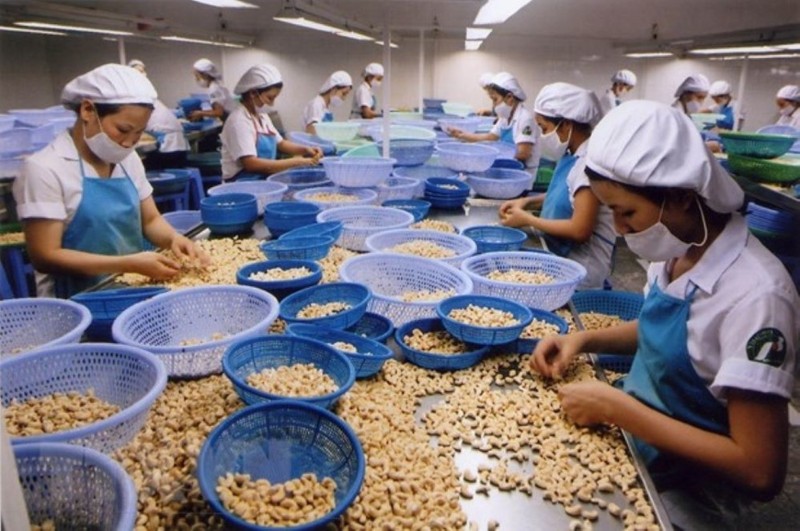 |
Businesses are kicking each other in the foot.
As the leading country in the global cashew supply chain, Vietnam cannot be self-sufficient in all input materials. It is estimated that the domestic supply of raw cashew nuts can only meet 30% of processing and export demand, the remaining 70% must be imported from external sources such as Africa, Indonesia, Cambodia, Ivory Coast, etc.
In recent years, some countries with large raw cashew production have begun to apply protection policies, impose taxes and export fees, leading to an increase in the price of raw cashews as input materials. However, in addition to the objective difficulties from the world environment, another reason for the high price of raw cashews is that Vietnamese enterprises compete with each other, which, according to Mr. Pham Van Cong, Chairman of Vinacas, is "kicking each other in the foot".
As in 2023, although cashew nut exports grew well in both volume and value, the vast majority of cashew businesses were unprofitable, even at a loss. The main reason was that at the beginning of the season, many factories rushed to buy raw cashews at high prices due to receiving incorrect information about the season and output from brokers, leading to a situation of "buying competition" pushing up cashew prices. Later, due to financial pressure, businesses "sold" cashew nuts, allowing foreign customers to take advantage of this to lower prices. Factories and businesses that could not balance the price between raw cashew nuts and cashew nuts were forced to cut production, even closing down.
If this closure occurs en masse in 2024, the global cashew supply chain will be disrupted, leading to a shortage of cashew kernels in the market and a surplus of raw cashews.
“This will cause general damage to the entire cashew supply chain and lead to many consequences, the biggest risk of which is that farmers in many countries will neglect cashew trees because they cannot consume raw cashews. If farmers are indifferent to cashew trees, it will have a huge long-term impact on the global cashew supply chain,” the Vinacas chairman noted.
In the context of still positive market demand, Mr. Pham Van Cong believes that raw material suppliers, brokers, buyers, processors, exporters, and consumers must join hands and reshape their roles and responsibilities in bilateral and multilateral cooperation and linkage. In particular, transparency and harmonization of interests among parties in the value chain are the basis for cooperation and sustainable development in the spirit of "win-win".
"The goal is to ensure that the global cashew supply chain operates smoothly, harmonizing the interests of all parties, from cashew farmers, raw cashew traders, processors, cashew kernel exporters to cashew kernel roasters and retailers," Mr. Cong shared.
Some cashew traders recommend that in order to ensure production and business efficiency, businesses should not rush to buy raw cashews in large quantities right from the beginning of the season, because this year's cashew output is forecast to be quite abundant. Instead, businesses need to stay calm, wait until the price of raw cashews is at a reasonable level before making purchases, and should only buy raw cashews when they have a contract to export cashew nuts to balance the cost.
Source







![[Photo] Prime Minister Pham Minh Chinh meets with US business representatives](https://vphoto.vietnam.vn/thumb/1200x675/vietnam/resource/IMAGE/2025/5/13/5bf2bff8977041adab2baf9944e547b5)








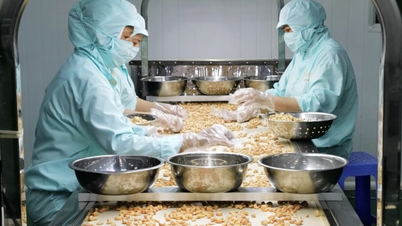


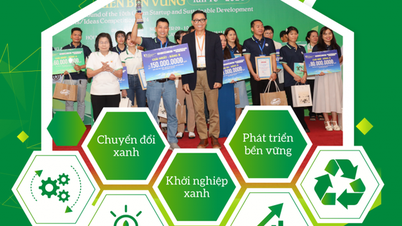
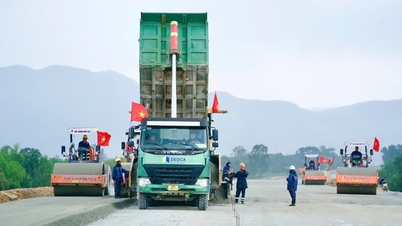
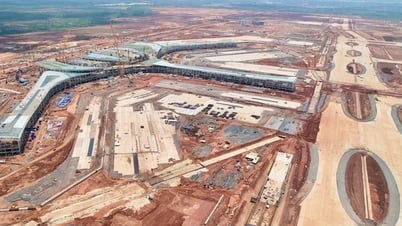


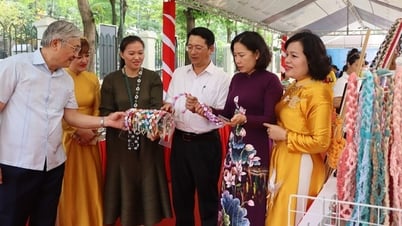


























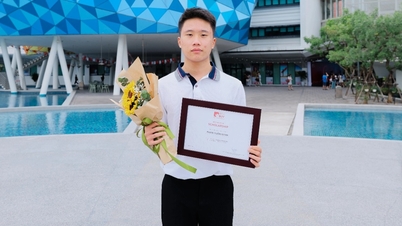













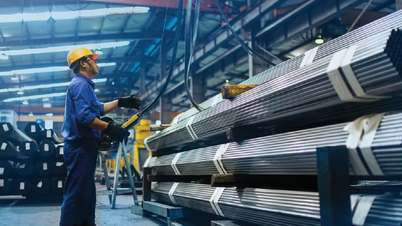







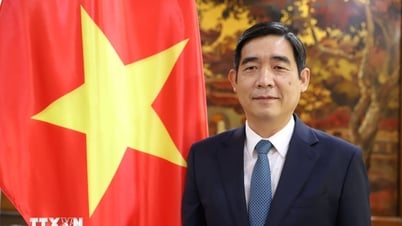




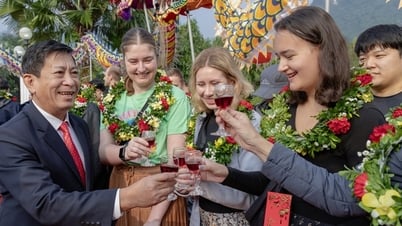


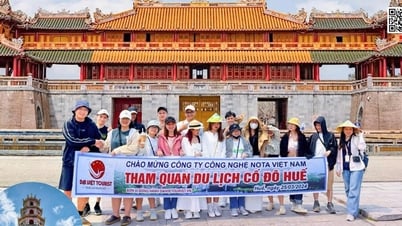



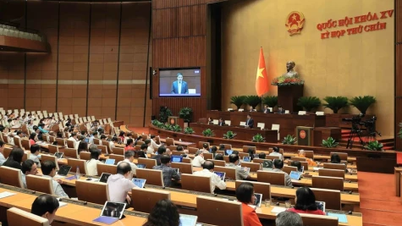



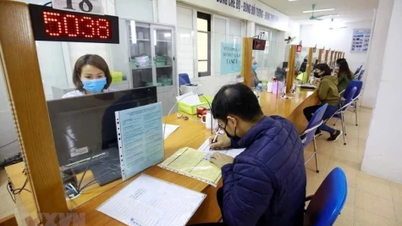
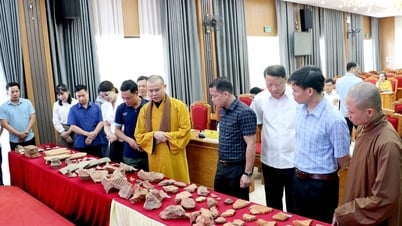










Comment (0)